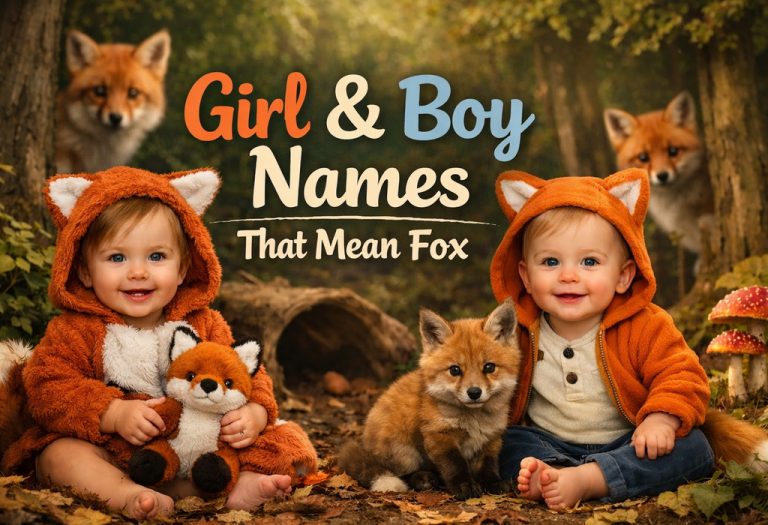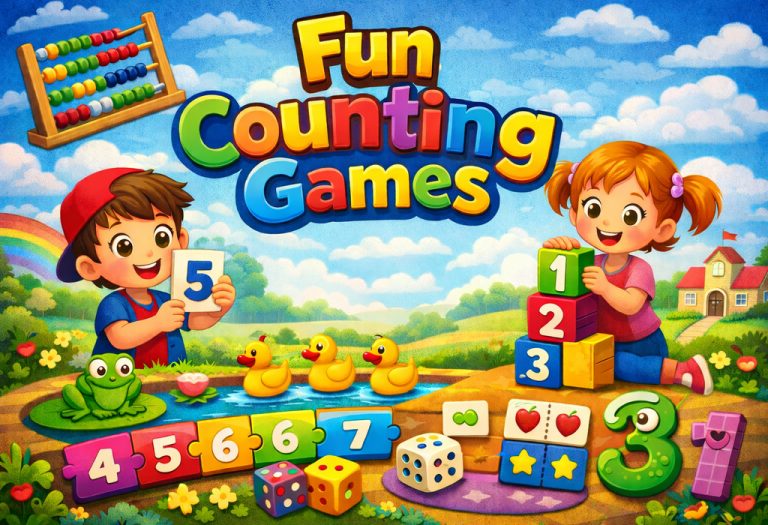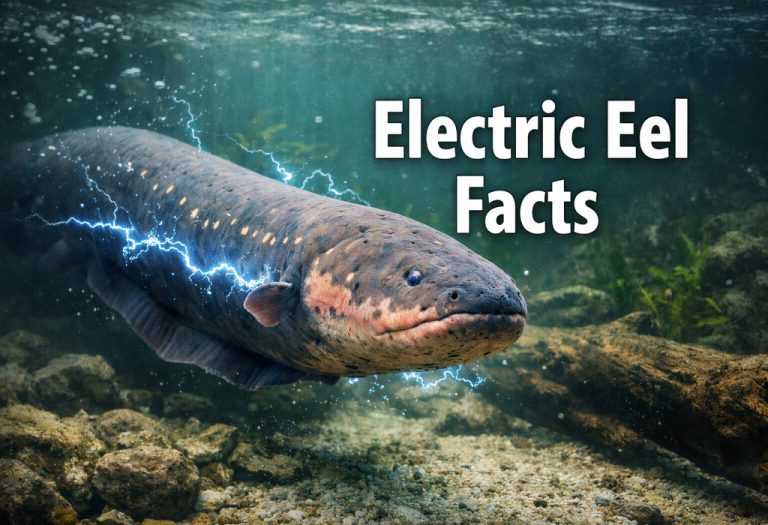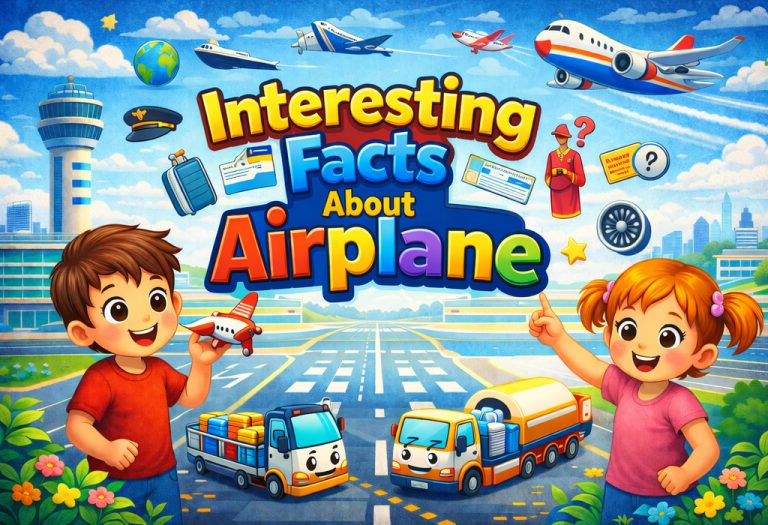Salmon for Babies – When to Introduce, Benefits and Recipes
The thought of adding fish in a baby’s diet, once they start eating solids, may not sit well with a parent, given the fact that fish is one of the most common allergy foods. While fish may not be exactly the first choice when it comes to baby food, but certain fish like salmon and sardines that are rich in omega-3 fats may help in the brain development of your baby.
The nutrients in fish such as salmon may make you want to consider it, but should you be including it in your baby’s diet? Find out all about salmon for infants! This article covers information about adding salmon in a baby’s diet!
Can Infants Eat Salmon?
Salmon is a rich source of important nutrients such as Vitamin D, zinc, iron, protein, and more, and can be included in a baby’s diet, provided that the baby is not allergic to it and eats it in moderation, and once your baby’s paediatrician gives it a go-ahead. But you must pick the fish carefully. Due to pollution, a lot of rivers have excessive amounts of metals, mercury in particular, which is known to cause brain damage. So while buying salmon, make sure to buy fresh salmon.
When to Introduce Salmon to Babies
Salmon or any other fish is not the best first food for babies, so include it in your baby’s diet, when he is a little older, say about 7-8 months. Also, make sure that you feed your baby home-cooked salmon. The fish should be properly cooked and should be given to the baby in small amounts. When introducing it for the first time, watch for any signs of allergy. Do not introduce any other new food with this fish. If you notice anything usual, consult a paediatrician and stop giving fish to your baby.
Nutritional Value of Salmon
Salmon is a nutritious fish rich in essential nutrients that benefit overall health. Here’s the nutritional value of a 3-ounce (85g) serving of raw pink salmon.
| Nutrients | Amount | RDA (7-12 months) |
| Total lipid (fat) | 3.74g | – |
| Energy | 108Kcal | – |
| Calcium | 5.95mg | 260mg (AI) |
| Protein | 17.4g | 11g |
| Potassium | 311mg | 860mg (AI) |
| Magnesium | 23mg | 75mg (AI) |
| Iron | 0.32mg | 11mg |
| Sodium | 63mg | 370mg (AI) |
| Vitamin A | 35µg RAE | 500µg RAE (AI) |
| Vitamin D (D2+D3) | 370IU | 400IU |
| Selenium | 26.7µg | 20µg |
Benefits of Salmon for Babies
A pescatarian diet offers various advantages, providing a rich array of nutrients that otherwise might require different sources. Feeding salmon to babies can be especially beneficial for their overall development. Here are some key benefits:
1. Supports Brain Health
Salmon contains omega-3 fatty acids, which are crucial for the development of the brain, nerves, and vision in babies. These fatty acids play an important role in cognitive function and may positively impact early learning and focus.
2. Helps Develop Taste for Seafood
Introducing salmon early can help babies develop a taste for seafood, making it easier to incorporate healthy fish options in their diet as they grow. Establishing this early preference may also encourage a more varied diet in the future.
3. Promotes Better Sleep
Including salmon in your baby’s diet may help improve sleep quality, potentially due to its high levels of omega-3s and essential nutrients. Better sleep supports overall health and helps your baby stay active and alert during the day.
4. Boosts Immune System
Salmon is rich in vitamins like B12 and D, which help strengthen the immune system, making babies less prone to infections. A stronger immune system aids in fighting off common colds and other childhood illnesses.
5. Supports Muscle and Tissue Growth
The high protein content in salmon aids in muscle and tissue development, supporting overall physical growth in babies. Protein is essential for repair and growth, helping babies achieve their developmental milestones.
6. Encourages Bone Health
With a good amount of Vitamin D, salmon supports calcium absorption, which is essential for strong bone development. Healthy bones are vital for motor skills and overall physical strength as your baby grows.
Which One Is Better for Infants – Wild-Caught or Farmed Salmon?
This can be a bone of contention for many people around the world who consume salmon but there are essential, three parameters according to which you should make a decision, namely, contamination, environment and Omega-3 fatty acid content levels. Baby food with salmon is definitely good for their health, but the choice you make depends on many factors. Ideally, wild-caught salmon in Alaska would be of good quality, and the salmon is available all year long. Farmed salmon is found everywhere around the world. Unfortunately, farmed salmon usually contains toxins from the antibiotics and the pesticides that are used. The food that they get is also poor in nutrients which in turn affects the quality of meat that is derived from them. So, from a health standpoint, wild-caught salmon is the preferred choice not only for babies but also for adults.
How to Select and Store Salmon
Choosing and storing salmon properly can ensure you get the best flavor and maximum nutritional benefits from this fish. Whether selecting fresh, frozen, or canned, paying attention to quality and storage methods helps maintain its taste and nutrient content for your baby’s meals. Here’s how to select and store salmon effectively.
Select Salmon
Fresh Salmon
- Look for vibrant, moist flesh without any dullness or discoloration.
- The flesh should bounce back when pressed lightly and not have a strong fishy odor.
- The skin should appear shiny, and the eyes (if purchasing whole) should be clear, not cloudy.
Frozen or Canned Salmon
- Ensure frozen salmon is solid with no signs of ice crystals, which can indicate thawing and refreezing.
- Check for packaging that is tightly sealed and free from any tears or damage.
- For canned salmon, choose BPA-free cans and check expiration dates to ensure freshness.
Store Salmon
- Keep fresh salmon in the refrigerator and use it within 1-2 days for best quality.
- If not using immediately, wrap the salmon tightly in plastic wrap or an airtight container before freezing.
- Frozen salmon can be stored in the freezer for up to 3 months; thaw it in the refrigerator when ready to use.
- For canned salmon, store it in a cool, dry place, and transfer any unused portions to an airtight container in the fridge, consuming within 1-2 days.
Can Salmon Cause Choking Issues in Babies?
Salmon is a very soft fish with little to no bones. Unlike shellfish, which can be a choking hazard for babies as well as adults, salmon is not a common choking hazard. Make sure you run your hands through the fish to remove any bones that you might come across before cooking salmon for babies.
How to Feed Salmon to 6-month-old Babies to 24-month-old Babies
How to cook salmon for baby? Here’s how you can add salmon to your baby’s diet at different periods of their early years.
1. 6 to 12 Months
This would be the ideal time to introduce salmon to your baby’s diet. Make sure that all the bones have been removed and that the fish has been cooked thoroughly. This is the best way to cook salmon for a baby. A piece that is as big as two adult pinkies is a good amount of cooked salmon to feed a baby. It works because the meat is very tender and small flakes are also easy for the baby to hold on to.
2. 12 to 18 Months
A good time to introduce canned salmon by just removing it, rinsing off the excessive sodium content and you can choose to add this to salads that contain avocado, olive oil, or other ingredients of your choice. This is a recipe for 1-year-olds.
3. 18 to 24 Months
Salmon cakes are a great food to introduce at this stage. Make sure that you let your baby feel the texture and shape of the fish. This helps with getting accustomed to the food that they are eating.
Healthy Salmon Recipes for Babies
Although you may know about the benefits of salmon for your baby, you might wonder what kind of recipe you should follow so that the meat is palatable for your little baby. We have a few recipes here that should help you.
1. Salmon, Broccoli and Spinach Puree
Ingredients
- 1-2 tbsp of butter
- 100 gms of shallots, sliced.
- 225 gms of potatoes, diced
- 225 gms of salmon
- 100 gms of broccoli florets
- 30 gms of baby spinach
- 75 ml of milk
- 300 ml of water
- 1/2 tsp lemon juice
Method
- Melt the butter in a pan and fry the shallots and potatoes for a couple of minutes.
- Add salmon pieces and broccoli and cook for 10 minutes.
- Add the spinach and cook for 2-3 more minutes.
- Stir in the milk and let it simmer for about 5 minutes. Then turn off the flame and allow the mixture to cool.
- Then blend the mixture until smooth and pureed.
- This recipe is perfect for babies between 6 and 9 months of age.
2. Tasty Salmon Risotto
Ingredients
- ¼ an onion
- 1 garlic clove
- 150 gms salmon filet
- 1 tsp of vegetable oil
- 20 gms peas
- 25 gms of white rice
Method
- Preheat the oven to 180°C.
- Dice the onion and garlic.
- Wrap the salmon in foil and place in the oven for about 20 minutes or until the meat is totally cooked through.
- Meanwhile, heat the oil in a pan and sauté the onions and garlic.
- Add in the rice and peas.
- Add water to the mix and cover and simmer until the rice is completely cooked through. This should take about 10 minutes.
- Once the rice is cooked, mix in the salmon. Cook for another 2-3 minutes then turn off the flame.
- This recipe is perfect for babies between 10 and 12 months of age.
3. Sweet Potato and Salmon Mash
Ingredients
- 100 gms of salmon filet
- 1 medium sweet potato, peeled and diced
- 1-2 tsp of olive oil
- 1 small carrot, peeled and diced
- 100 ml of water
- A pinch of dill (optional)
Method
- Steam or boil the sweet potato and carrot until soft.
- Meanwhile, cook the salmon in a separate pan with olive oil, ensuring it is fully cooked.
- Mash the cooked sweet potato and carrot together.
- Flake the salmon into small pieces, removing any bones, and mix it into the mash.
- Add a pinch of dill for extra flavor, if desired.
- This recipe is ideal for babies 7 to 9 months old.
4. Salmon and Avocado Dip
Ingredients
- 75 gms of cooked salmon, flaked
- ½ ripe avocado
- 1 tbsp plain yogurt (unsweetened)
- 1 tsp lemon juice
- A small pinch of basil or parsley (optional)
Method
- Mash the avocado until smooth and creamy.
- Add the flaked salmon, yogurt, and lemon juice to the mashed avocado.
- Blend or mash the mixture until it reaches the desired texture.
- Stir in a pinch of basil or parsley for a subtle flavor.
- This dip is suitable for babies 8 months and older and can be served with soft veggies for dipping.
FAQs
1. Can babies have salmon allergy?
Although only a very small percentage of people are allergic to it, salmon, like other finned fish is a food allergen. Much like with other foods, make sure to give your baby a little bit to begin with in order to test the waters. Once you can see that there is no adverse reaction, you can start increasing the amount of salmon in your baby’s diet. Some people might have seafood allergies that run in the family in which case, it is advised to consult with your doctor and an allergist to make sure that your baby is safe.
2. Can salmon help with my baby’s eczema or dry skin issues?
Yes, salmon may benefit babies with eczema or dry skin. The high content of omega-3 fatty acids in salmon has anti-inflammatory properties, which may help reduce symptoms of skin conditions like eczema. Including salmon in your baby’s diet could support skin health, but it’s essential to monitor for any allergic reactions if your baby has sensitive skin.
3. At what age can I start giving raw salmon or sushi to my baby?
Raw salmon or sushi should generally be avoided until a child is much older, typically after 5-6 years of age. Infants and young children are more susceptible to foodborne illnesses, so it’s best to offer only well-cooked salmon to babies under 12 months. When introducing sushi later, choose reputable sources and start with small portions.
This was all about salmon for a baby. Salmon is very nutritious and can be included in a baby’s diet once he starts on solids. To include it in your baby’s diet, check with your baby’s paediatrician. Once he gives the go-ahead, try the recipes above and let your baby enjoy this tasty fish!
References/Resources:
1. Salmon; Solid Starts; https://solidstarts.com/foods/salmon/
2. Essential Fatty Acids; Oregon State University; https://lpi.oregonstate.edu/mic/other-nutrients/essential-fatty-acids
3. American Academy of Pediatrics Says US Children Are Not Eating Enough Seafood; American Academy of Pediatrics; https://www.healthychildren.org/English/news/Pages/AAP-Says-US-Children-Not-Eating-Enough-Seafood.aspx
4. Farmed Salmon vs. Wild Salmon; Washington State Department of Health; https://doh.wa.gov/community-and-environment/food/fish/farmed-salmon
5. Fish Allergy; American College of Allergy, Asthma & Immunology; https://acaai.org/allergies/allergic-conditions/food/fish/
6. Advice about Eating Fish; U.S. Food & Drug Administration; https://www.fda.gov/food/consumers/advice-about-eating-fish
7. Is Raw Fish Safe? What To Know Before You Eat; Cleveland Clinic; https://health.clevelandclinic.org/is-it-safe-to-eat-raw-fish
Also Read:
Fish for Babies
Giving Tuna to Babies
Giving Chicken to Infants
Benefits of Tuna for Babies
Was This Article Helpful?
Parenting is a huge responsibility, for you as a caregiver, but also for us as a parenting content platform. We understand that and take our responsibility of creating credible content seriously. FirstCry Parenting articles are written and published only after extensive research using factually sound references to deliver quality content that is accurate, validated by experts, and completely reliable. To understand how we go about creating content that is credible, read our editorial policy here.





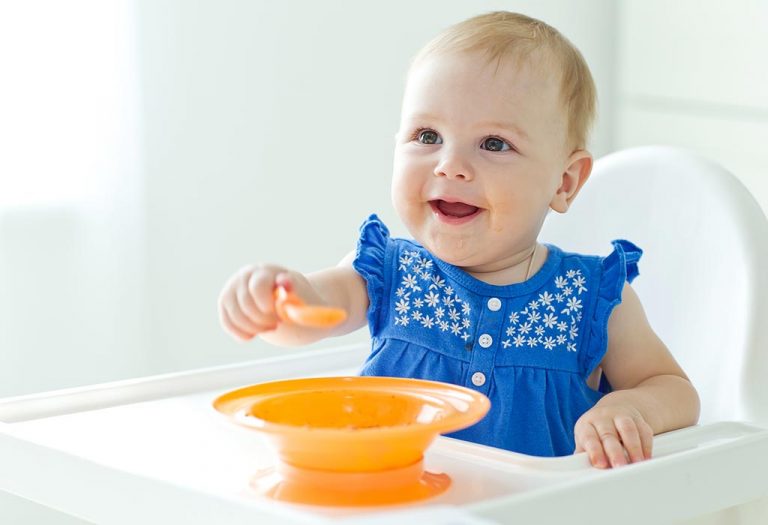
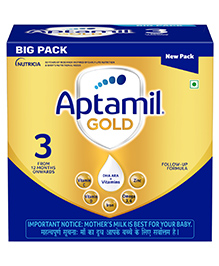
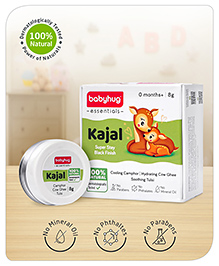
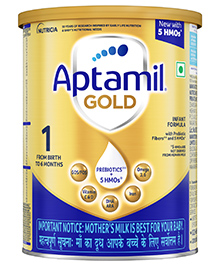
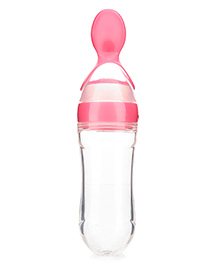
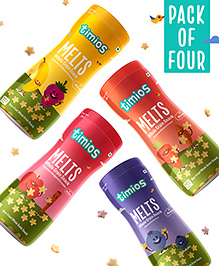
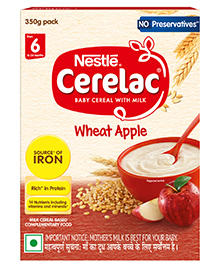
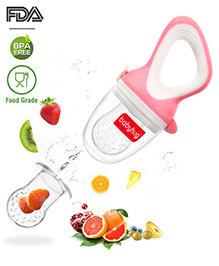


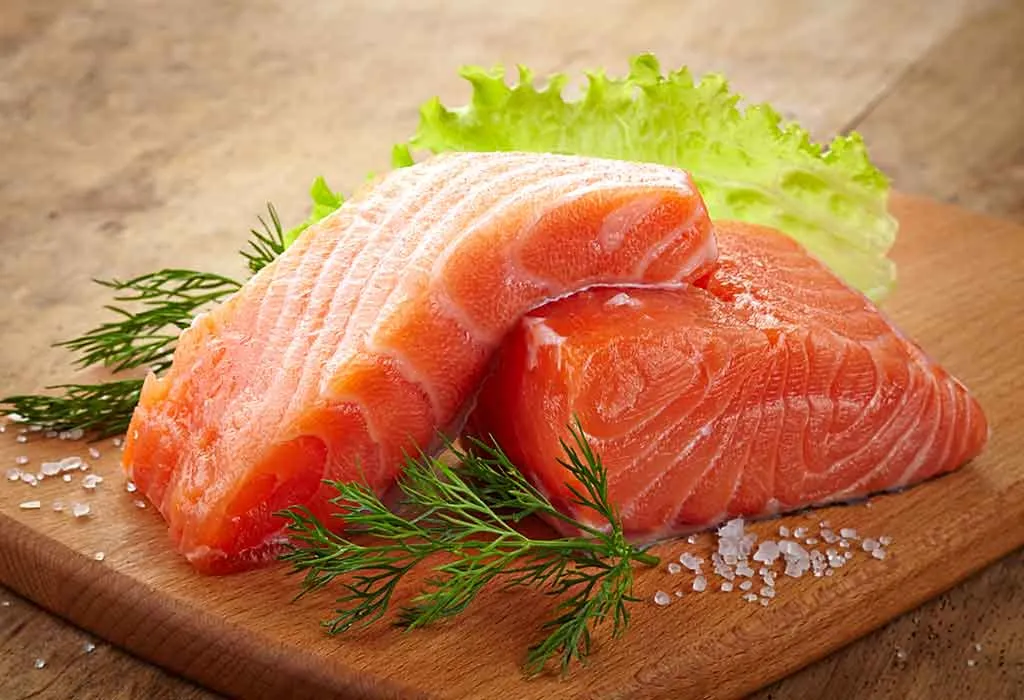


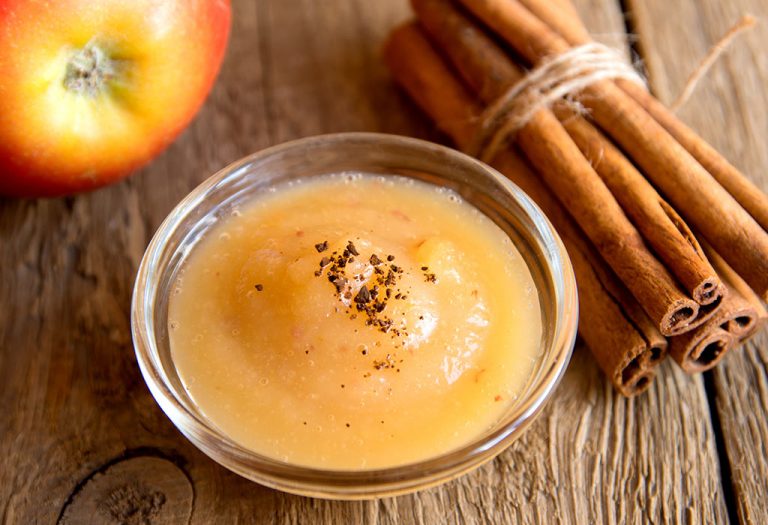
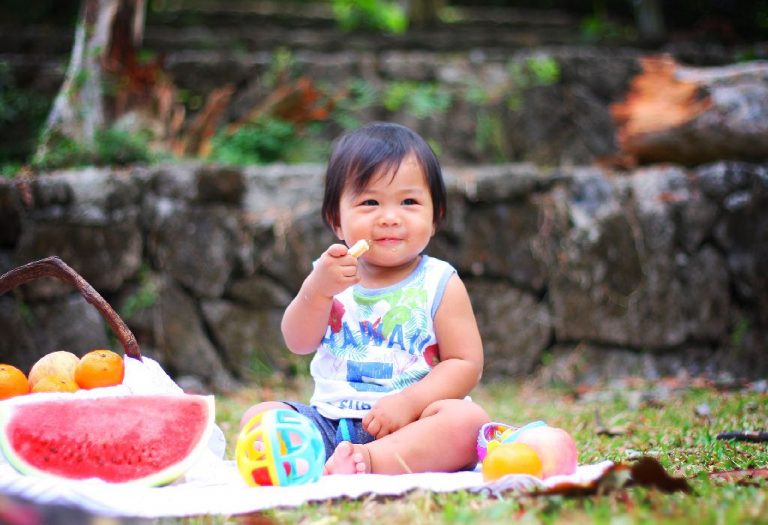
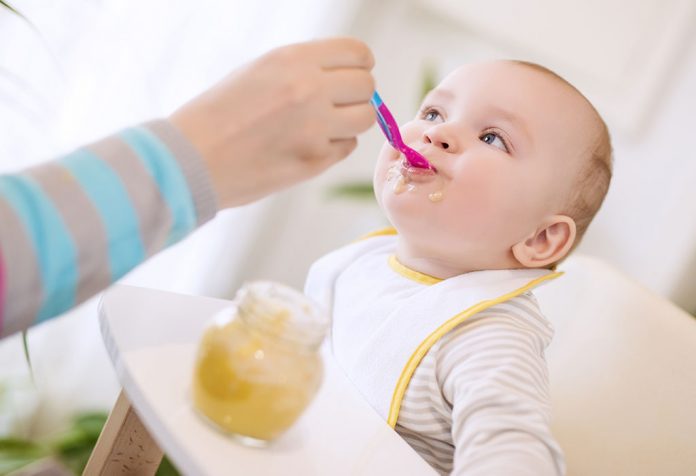
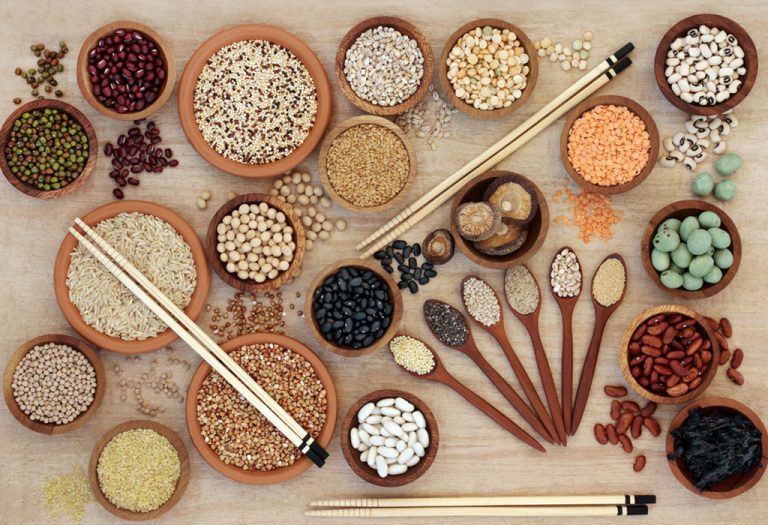

.svg)








